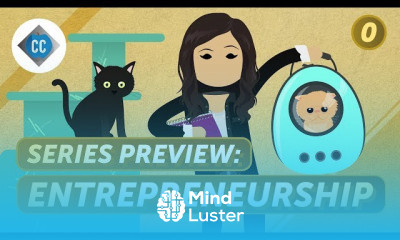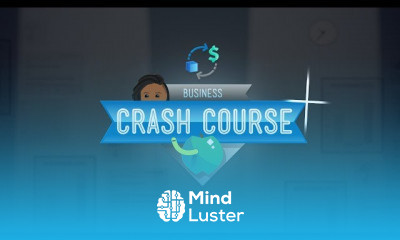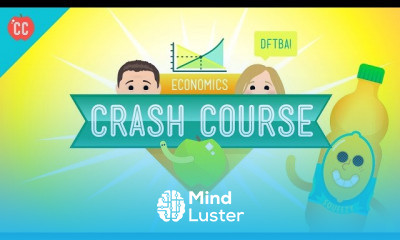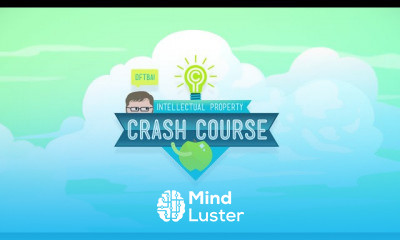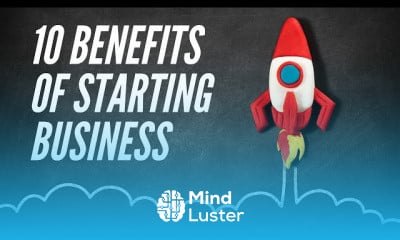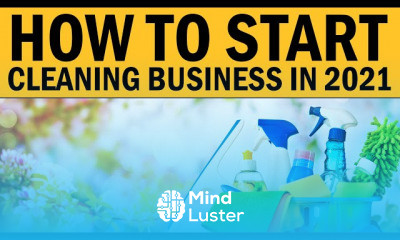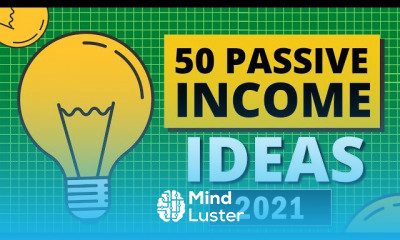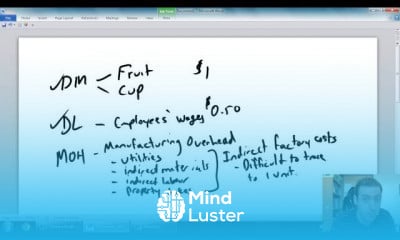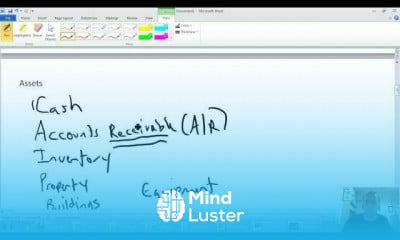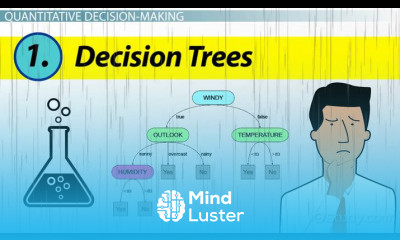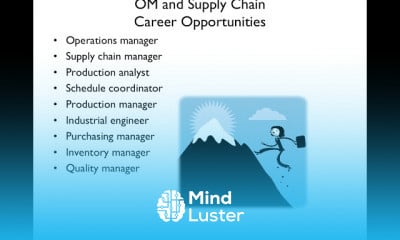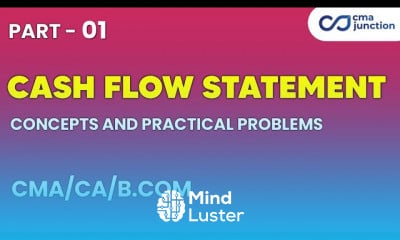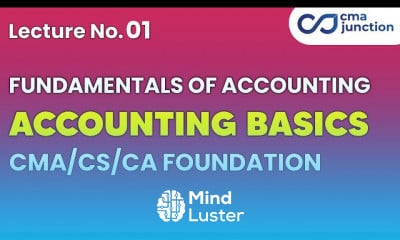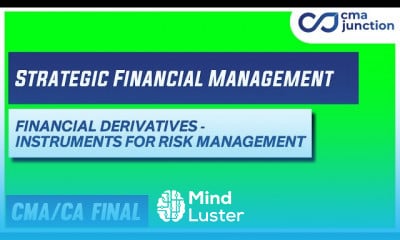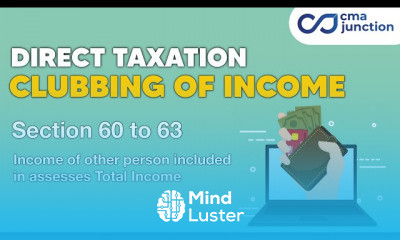Income and Wealth Inequality Crash Course Economics 17
Share your inquiries now with community members
Click Here
Sign up Now
Lessons List | 36
Lesson
Comments
Related Courses in Business
Course Description
What are the 3 laws of economics?
Consumption and Management discovers and elaborates three rules: natural economic law, market regulation law, and the law of macro-economic control. Economics
Field of study
Economics is the social science that studies how people interact with value; in particular, the production, distribution, and consumption of goods and services. Economics focuses on the behaviour and interactions of economic agents and how economies work. What is economics study?
Economics is the study of how societies use scarce resources to produce valuable commodities and distribute them among different people. ... The ultimate goal of economic science is to improve the living conditions of people in their everyday lives. What are example of economics?
An example of economics is the study of the stock market. (social sciences) The study of resource allocation, distribution and consumption; of capital and investment; and of management of the factors of production. How economics help in daily life?
From an individual perspective, economics frames many choices we have to make about work, leisure, consumption and how much to save. ... Our lives are also influenced by macro-economic trends, such as inflation, interest rates and economic growth What are 3 reasons to study economics?
Reasons for studying economics
Strong job prospects. ...
Highly desirable transferable skills. ...
Understanding of how the world functions. ...
Gain a unique pool of knowledge. ...
Top-ranked universities for economics. ...
Study the International Bachelor Economics & Business Economics in Rotterdam. How would you define economics?
Economics can be defined in a few different ways. It's the study of scarcity, the study of how people use resources and respond to incentives, or the study of decision-making. It often involves topics like wealth and finance, but it's not all about money.
Trends
Graphic design tools for beginners
Artificial intelligence essentials
Essential english phrasal verbs
Microsoft Excel
Human heart structure
Build a profitable trading
Making money with apps
Python for beginners
Learning English Speaking
French
Electrical engineering for engineer
American english speaking practice
Human Resources Management
Excel skills for math and science
MS Excel
Computer science careers
Build a tic tac Toe app in Xcode
Network analysis Ankit goyal
Compiler Design Principles
Python programming language
Recent
Structural Pathway of glycolysis
Human heart structure
Carbohydrates
Biostatistics
Immunofluorescence assay
Plant biotechnology
Microscopy types for beginners
Immunoglobulin structure
Fermentation process
r DNA technology
Animal biotechnology fundamentals
Amino Acid metabolism
Cell membrane structure
Gas chromatography
Pituitary gland structure and function
Industrial biotechnology
Essential english phrasal verbs
English vocabulary verbs
English vocabulary with picture
Essential english verbs for beginners



